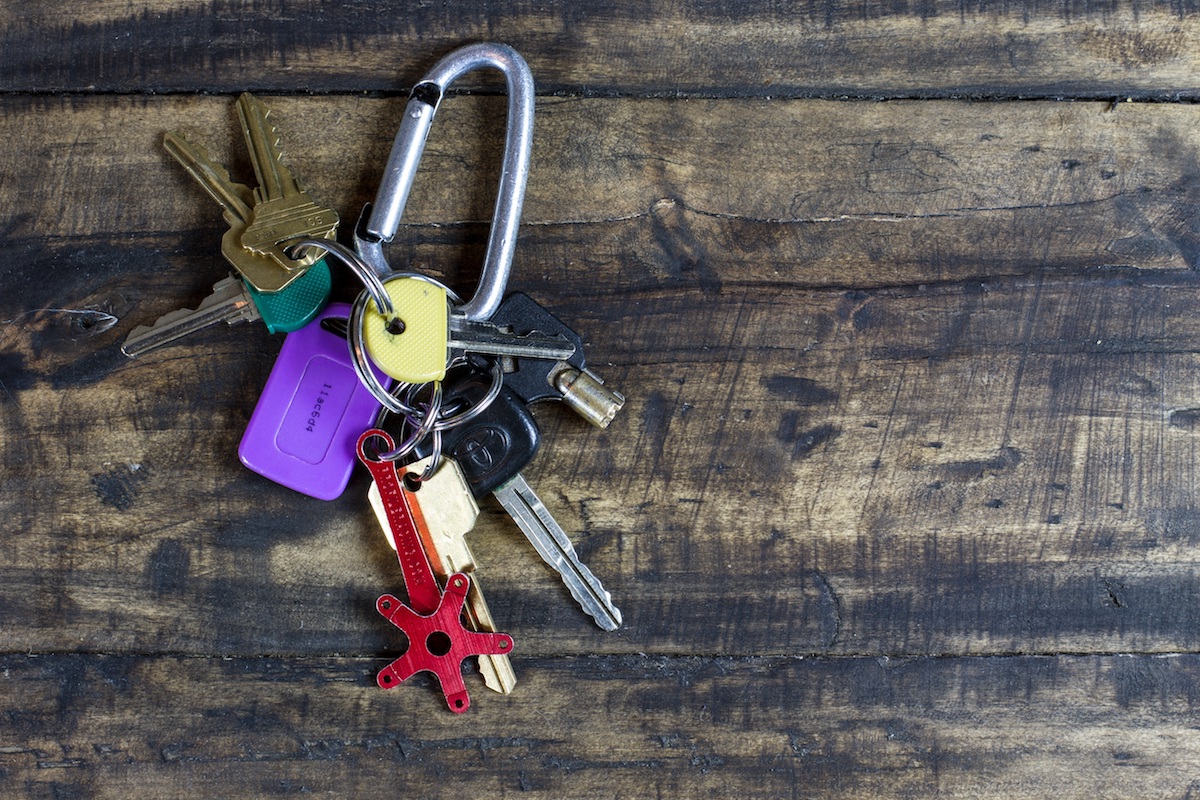I’d been living in my first apartment for less than a year when the pandemic hit Canada. An issue with my lease meant that I had to go home for a while, but I always wanted to return to Halifax. However, the changing nature of the world meant that I didn’t want to commit to any year-long leases. Instead, I subletted a room from a high school friend for the summer, and I’m now subletting again with people I’d never met before I moved in.
Sublets are convenient, but they’re a different ballgame than a regular lease, so it’s important to know what you’re signing up for. Here are my recommendations on what to consider and discuss, based on my own experiences.]
The hunt
Reach out to many people
I began looking for a January sublet in September, and I didn’t end up securing my place until the end of November. It wasn’t for lack of trying—I checked Kijij and Facebook groups every day (often multiple times per day). The truth is that Halifax’s rental market is a little bit wild, and there’s a lot of competition (or at least there was when I was looking). There were times when I was messaging about five different listings at once, and none of them ended up working out!
If a place looks interesting, contact the poster right away. It can also be useful to let your friends and acquaintances know that you’re looking for a place, since they may see options from people who aren’t comfortable advertising their sublet to total strangers.
If you’re the one trying to rent out your space, you can use these same groups and websites to post your ads. It still helps to get the word out with friends as well.

To quarantine or not to quarantine?
Part of what made my sublet search so arduous was that I was coming from Ontario and needed to self-isolate for 14 days. I didn’t have the budget to quarantine in a hotel or Airbnb, so I had to make sure that my future roommates (if any) would be OK with isolating as well. I also needed to ensure the place I was renting would have at least a bed for me to sleep on, since I couldn’t access my furniture in storage until my isolation was finished. If you’re going to be returning to Halifax from another province, make sure to factor these details in!
Getting into the details
What comes with, and what doesn’t
When I arrived at my first sublet, I saw that I’d made a crucial error—I hadn’t realized that I was going to need to supply my own bedding. Thankfully, I was storing my stuff from my old apartment in the sublet’s basement, so I managed to make my twin-XL sheets and comforter work on the double bed. This lesson taught me to ask my January subletter if she could leave some bedding.
Small items like this can easily slip your mind, whether you’re the renter or the one renting. Make sure you’re both clear on what a subletter will need to provide and what they can use in the unit. This is doubly important if they can’t go anywhere for two weeks!

Make sure the landlord approves
At the end of October, I’d found a sublet for January. The place seemed nice, it was in a great location, and the person I’d be renting from seemed really nice. She had me sign a lease agreement and send a deposit. On the document, it mentioned that sublets needed to be approved by the landlord. Well, it turns out that she hadn’t actually asked her landlord yet despite that crucial clause. Her other roommates also had no idea that she had found someone to sublet her room. Long story short, her landlord said no, and I had to get my deposit back.
After that upsetting result, I made sure to ask everyone I talked to if their landlord was aware that they wanted to sublet. The very last thing you want is to get kicked out of your place because the person you’re renting from is breaking the rules! This is even more important if you’re renting out your space, because you’re the one who is on the hook for the original lease agreement.
Talk to your potential future roommates
Unless you’ve got the budget for a bachelor or a one-bedroom, you’re probably going to be sharing your new space with other people. It’s nice if you get along with the person you’re renting from, but they’re not the one you’ll be living with!
The best option is to chat with your potential roommates directly to see if you get along. If that’s not possible, make sure to ask lots of questions about what day-to-day life is like in the unit. It’ll minimize headaches in the long run. Quirks like sleeping habits, cleanliness, and preferred noise levels are going to affect your living situation as much as the actual building that you live in. This is less important if you’re the one who is leaving the rental, but you should still be honest in your responses to potential sublettors.

Set up an agreement for all fees/rules
Hopefully the person you’re communicating with is great, but ultimately, people can be slow to respond to texts or messages. That’s why it’s important to have all the details hammered out when you make your agreement. Make sure you get answers to these questions:
- What are the exact start and end dates of the sublet?
- What will the deposit be?
- When is rent due, and what is the exact amount?
- Will you pay rent to the person you’re renting from or the landlord?
- Is it a sublet, or are you taking over the lease?
- Do utilities and internet need to be paid to anyone else, and if so, what is their contact information?
- Who do you contact if there’s a building issue, and what is their information?
- Are there any special rules for the place (e.g. no candles, no opening windows)?
Answering all these questions before the rental period begins will reduce the amount of stress added to an already stressful move!
Oh, and one more thing: Be wary of scams! These generally don't happen with sublets, but sometimes happen with very shady landlords who will do things like promise rooms or apartments to multiple people and collect security deposits (and even first and last month's rent) from each of them, leaving each person without a place to live and out hundreds or thousands of dollars. If you think you've been scammed, contact the police as quickly as possible.
Know your rights and responsibilities as a tenant, and have a look at the Residential Tenancy Act. You can also check out the Dal’s Tenant Rights Guide and other great info on the Dalhousie Legal Aid site.
For more info on finding a place to live, check out our article, "What to look for in off-campus housing."

